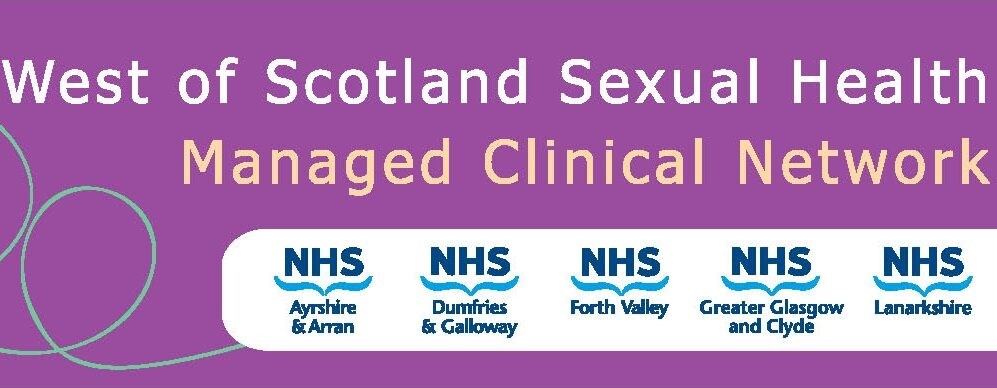Criteria for Reasonably Excluding Pregnancy

Healthcare practitioners can be reasonably certain that an individual is not currently pregnant if any
one or more of the following criteria are met and there are no symptoms or signs of pregnancy:
- They have not had intercourse since the start of their last normal (natural) menstrual period, since
childbirth, abortion, miscarriage, ectopic pregnancy or uterine evacuation for gestational
trophoblastic disease. - They have been correctly and consistently using a reliable method of contraception. (For the
purposes of being reasonably certain that an individual is not currently pregnant, barrier methods of contraception can be considered reliable providing that they have been used consistently and
correctly for every episode of intercourse.) - They are within the first 5 days of the onset of a normal (natural) menstrual period.
- They are less than 21 days postpartum (non-breastfeeding individuals).
- They are fully breastfeeding, amenorrhoeic and less than 6 months’ postpartum.
- They are within the first 5 days after abortion, miscarriage, ectopic pregnancy or uterine
evacuation for gestational trophoblastic disease. - They have not had intercourse for >21 days and have a negative high-sensitivity urine pregnancy test (able to detect human chorionic gonadotrophin (hCG) levels around 20 mIU/ml).